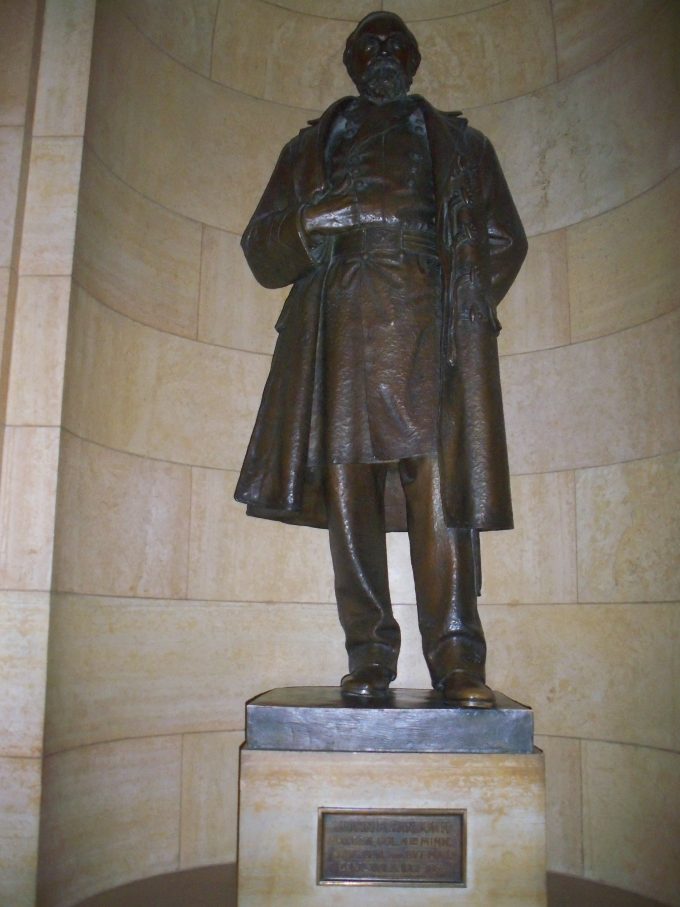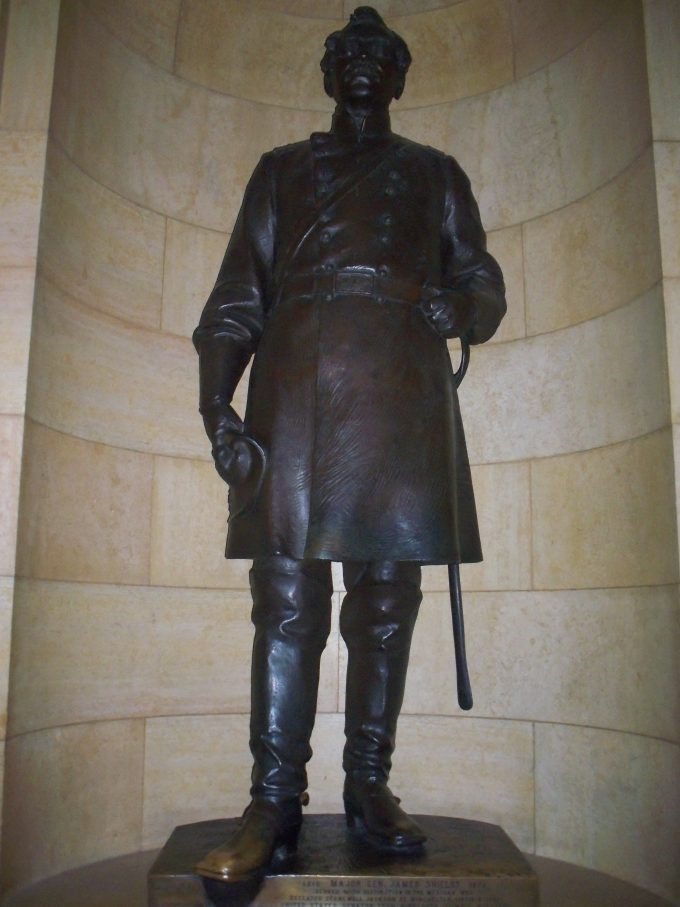
Tuesday, 18 July 2017
For, in fact, we told you before when we were with you that we would suffer tribulation, just as it happened, and you know. 1 Thessalonians 3:4
Paul begins this verse with “For.” In this, he is confirming why “no one should be shaken by these afflictions” from the previous verse. He told them also that as a body “we are appointed to this.” This is the context of the word “For.” From there, he adds in “…in fact, we told you before when were were with you that we would suffer tribulation.” As always, Paul could not write this to the church there unless it was true.
If they were never told this, they would read the letter, look at each one another in surprise, and comment, “He’s been in the funny juice.” But the words themselves bear witness to the fact that Paul and his associates had warned those in Thessalonica of what lay ahead. When the tribulation came, it became a confirming note to them that what they were experiencing was meant to be. In fact, Paul goes on to say, “…just as it happened, and you know.”
No prophecy was needed for this. He had been a persecutor of the church, and he had been persecuted after coming to Christ. As he evangelized, persecution faithfully followed after him, trying to despoil his efforts. Each new convert was a person who was set for tribulation. The warning was given because it was an expected and customary part of this new faith. The devil wants it destroyed, and so he uses all means possible to have it ended. Attacking new converts is one expected, and surely effective, way of this coming about.
The book of Acts shows this persecution, and the epistles warn us of it even to this day. But there is a way of standing firm against it given in the epistles as well. If we read and study the word, we will be able to stand against these things firmly and without wavering in our faith.
Life application: A believer who is not persecuted in some way for their faith is no threat to the devil’s influence. In other words, they are probably ineffective Christians who accepted Christ and then do nothing for Him. The more we are willing to step out and proclaim Christ, the more we will be the brunt of jokes, the target of attacks, and the focus of the devil’s attention. Let’s give that sorry fellow a black eye for his efforts.
Lord God, if we are going to face persecution for our faith, isn’t it worth it? We are the redeemed of Christ who is the only avenue of reconciliation to You. So why should we care if the devil comes after us? Instead, we should rejoice that we are having a positive effect for the name of Christ Jesus. If we can give the devil a black eye in the process, that is to our joy and rejoicing. In fact, it would be great if we could give him two! Help us to be sound, faithful proclaimers of the gospel of Christ. Amen.




